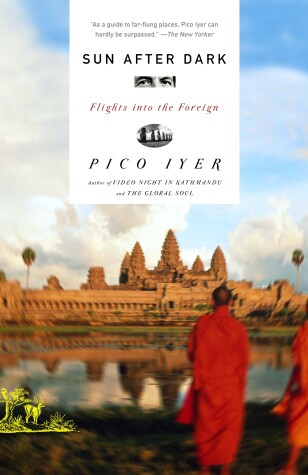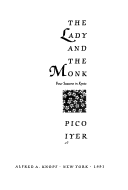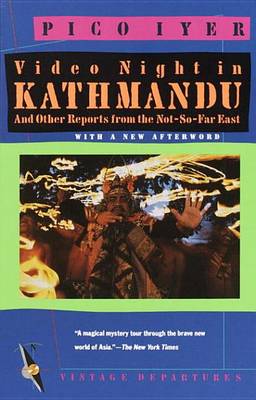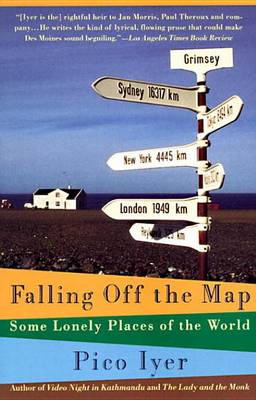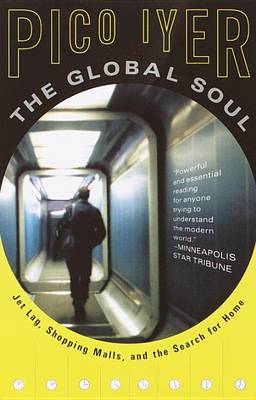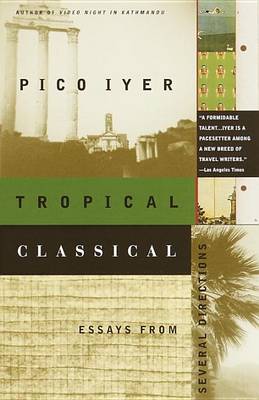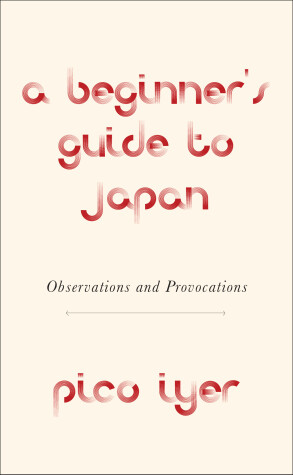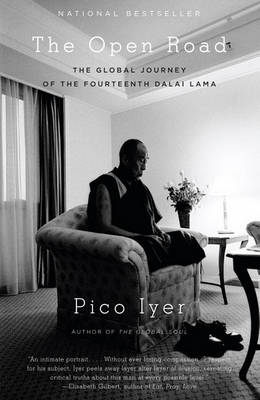Vintage Departures
9 total works
But the true subject of Sun After Dark is the dislocations of the mind in transit. And so Iyer takes us along to meditate with Leonard Cohen and talk geopolitics with the Dalai Lama. He navigates the Magritte-like landscape of jet lag, “a place that no human had ever been until forty or so years ago.” And on every page of this poetic and provocative book, he compels us to redraw our map of the world.
Iyer chats with the Dalai Lama and assesses the books of Salman Rushdie and Cormac McCarthy. And he brings his perceptive eye and unflappable wit to bear on the postmodern vogues for literary puffery, sexual gamesmanship, and frequent-flier miles. Glittering with aphorisms, overflowing with insight, and often hilarious, Tropical Classical represents some of Iyer's finest work.
In the land where movies and politics respond to the same need for mythical figures, the movie star had become a god and Rajiv Gandhi a celluloid hero. The Japanese were in the midst of a baseball craze, but only in order to demonstrate that, as with Western technology, the game can be played more efficiently in the land of the Rising Yen. Iyer introduces a wide variety of individuals and the reader discovers the seductions and ironies of today's Asian culture - and of our own.
pique the interest and curiosity of those who don’t know Japan—and to remind those who do of its myriad fascinations.
